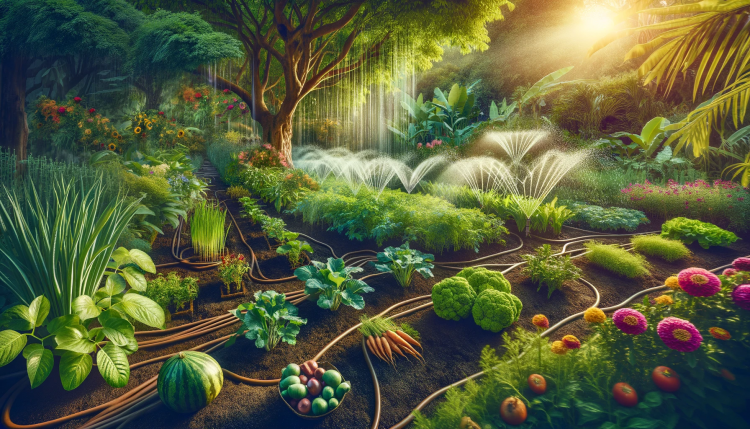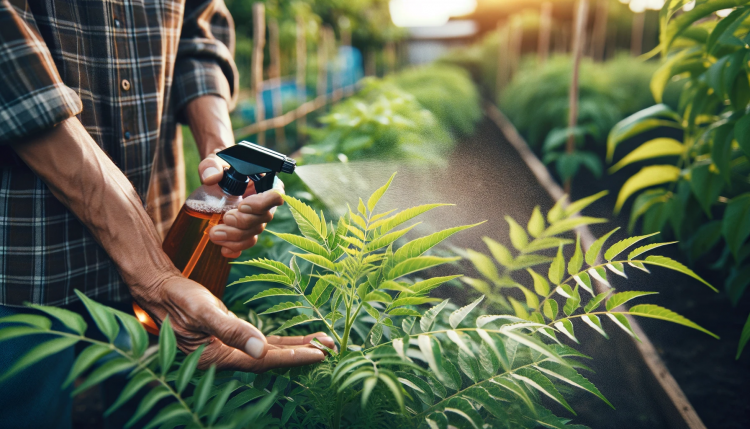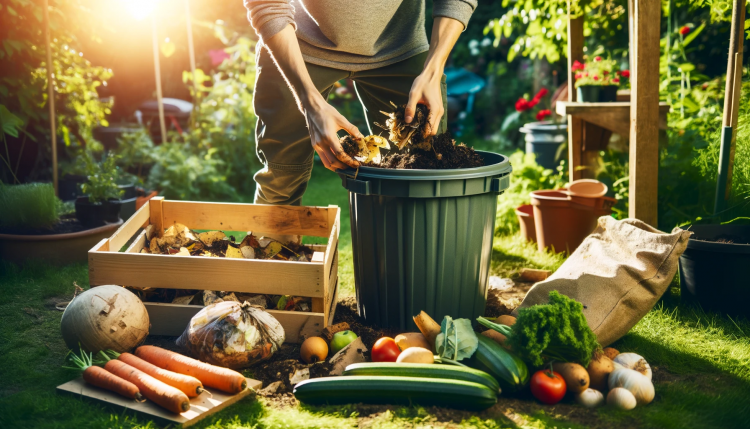
Organic gardening is more than just a trend; it’s a commitment to growing plants in harmony with nature. By eschewing synthetic chemicals, organic gardeners foster healthier ecosystems and produce purer, more natural yields. This guide will provide essential tips and techniques for successful chemical-free gardening and effective organic pest control.
Understanding Organic Gardening
Organic gardening involves growing plants without synthetic fertilizers, pesticides, or genetically modified organisms. It emphasizes natural processes and cycles, focusing on soil health, water conservation, and biodiversity.
Building Healthy Soil
- Composting: Creating compost from kitchen scraps and yard waste enriches soil with essential nutrients.
- Natural Fertilizers: Utilize organic matter like manure, bone meal, and green manure to nourish your plants.
- Soil Testing: Regularly test soil to understand its nutrient composition and pH level for targeted amendments.
Plant Selection and Diversity
Choosing the Right Plants
- Native Plants: Opt for native species that are naturally adapted to local conditions.
- Heirloom Varieties: Heirloom plants often offer better resistance to pests and diseases.
- Diverse Ecosystem: Cultivate a variety of plants to create a balanced ecosystem, reducing pest outbreaks.
Crop Rotation and Companion Planting
- Crop Rotation: Rotate crops each year to prevent soil nutrient depletion and disrupt pest and disease cycles.
- Companion Planting: Certain plant combinations can enhance growth, deter pests, and attract beneficial insects.

Water Management in Organic Gardening
Efficient Water Use
- Drip Irrigation: Use drip irrigation systems to deliver water directly to the plant roots, minimizing waste.
- Mulching: Apply organic mulch around plants to retain moisture, regulate soil temperature, and reduce evaporation.
Rainwater Harvesting
- Collecting Rainwater: Set up rain barrels or cisterns to collect and store rainwater for garden use, reducing reliance on tap water.
Organic Pest Control Methods

Understanding Pests and Natural Predators
- Beneficial Insects: Encourage beneficial insects like ladybugs, lacewings, and bees, which can naturally control pest populations.
- Integrated Pest Management (IPM): Implement IPM strategies that focus on long-term prevention of pests through a combination of techniques.
Natural Pest Control Solutions
- Neem Oil: Use neem oil as an effective organic pesticide against a wide range of pests.
- Diatomaceous Earth: Sprinkle diatomaceous earth around plants to deter pests with exoskeletons like slugs and beetles.
Homemade Organic Sprays
- Garlic or Chili Spray: Create a natural repellent spray using garlic or chili peppers mixed with water.
- Soap Spray: A mild solution of organic soap and water can help control aphids and mites.
Fostering a Healthy Garden Ecosystem
Attracting Wildlife
- Birds and Bats: Install birdhouses and bat boxes to attract these natural pest predators.
- Pollinators: Plant flowers and herbs to attract pollinators like bees and butterflies, essential for plant reproduction.
Creating a Balanced Garden
- Diversity: A diverse garden with a mix of vegetables, fruits, herbs, and flowers creates a more resilient and self-regulating ecosystem.
Organic Weed Control
- Manual Removal: Regularly hand-pull or hoe weeds to keep them under control.
- Ground Covers: Plant ground covers or use organic mulch to suppress weed growth.

Organic Gardening is Rewarding
Embracing organic gardening practices is a rewarding journey towards sustainability and environmental stewardship. By nurturing the soil, conserving water, and using natural pest control methods, you can enjoy a thriving garden that’s in harmony with nature. Remember, organic gardening is a continuous learning process, and patience and observation are key to your success.




